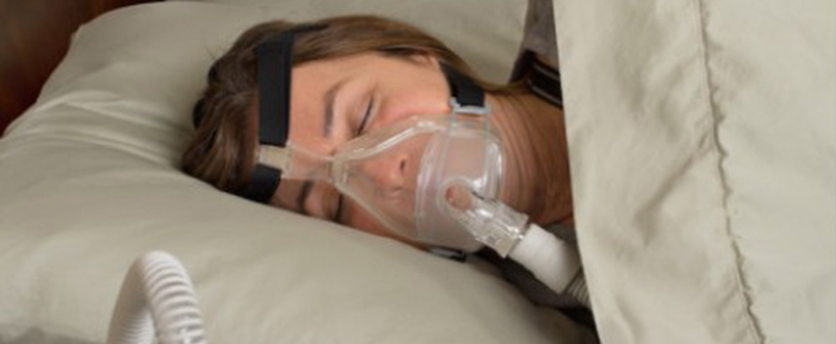
Realistically, the human body takes in about 550 liters of oxygen each day, thought his number can actually be stunted significantly while sleeping. That’s really the problem with sleeping – it’s the only time we aren’t monitoring our body, actively, and we assume that our subconscious mind is simply taking care of us as we drift off into dreamland. There are, however, several factors that can contribute to oxygen deprivation, or, sleep apnea as we would probably rather call it while we are incapacitated.
Some of these are mental, most of the time it’s physical. For example, if you have a larger than the normal neck, then it wouldn’t be too uncommon for you to experience obstruction, thereby leading to the symptoms of sleep apnea. This is where oximetry and testing come into play, but we’ll get to that in a moment.
Snoring – More than a Plot Device
For many years, the concept of snoring has been used as a humorous plot device in books, movies, and even real life. It might seem funny if you don’t consider the long-term effects, but once you know them, and once you truly understand, you might have a completely different opinion. In snoring, you are blocking your airway, and thereby depriving your body of that much-needed oxygen which leads to some serious negative side effects.
While we won’t go into all of them, the one thing that we do want to say about this is that when you are suffering from oxygen deprivation, you are putting serious stress on your heart as it attempts to compensate for the decreased blood flow. In other words, you’re going to put enough stress on your heart to potentially destroy it years before its time. Snoring might be funny in the immediate context, but in the long term, it causes some serious problems.
Detecting Sleep Apnea
The problem with sleep apnea is that the detection remains pretty elusive. Due to being completely unaware during sleep, it is difficult to determine whether or not you are snoring, and with that being the case, how can you figure out whether or not you actually have sleep apnea? Fortunately, it’s not as hard as you would think. In the past, there have been a few methods of detection, one of which involved letting one of your friends or family members observe your sleep habits. This wasn’t difficult – if you were snoring loud enough, then there was a chance that your entire household could hear it anyway. The other method would be to monitor yourself for the symptoms, for example, if you were always completely exhausted during the day, then yes, there was a chance you were suffering from sleep apnea.
Moving on to the more advanced detection methods, you have sleep studies, which often take place in laboratories, requiring the patient to stay overnight and spend some time with a technician. It was inconvenient, and it’s still practiced regularly. Our favorite method, of course, is the overnight pulse oximetry test, which allows you to complete the entirety of the test at home and send the results to a laboratory.
Oximetry testing is far more than just testing to see whether or not you are snoring during your sleep. The biggest indicator of oxygen deprivation is going to be your blood, and with that being the case, the objective of oximetry testing is to determine whether or not you have any sort of drop in your blood-oxygen levels. If this is detected, then yes, sleep apnea is a definite possibility, and a move toward treatment would be advised. Treatment for sleep apnea can come in many different forms, one of which is the CPAP machine, a device that forces oxygen into the airway during sleep. This, of course, will have to be discussed with the presiding physician.
Determining a person’s nocturnal oximetry is an important part of zeroing in on the possibility of sleep apnea, and home testing has made it much easier get results and seek treatment for patients. Look at our website to find out more about various detection methods – sleep apnea is detrimental, but it doesn’t have to be a death sentence.
VirtuOx is the leader in home sleep tests and pulse oximetry.
Click the link below to get more information plus to receive a FREE Report…